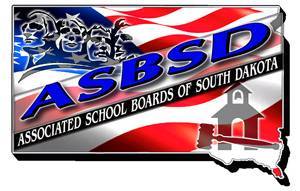A bill excluding one other revenue source from the current step-down equalization process proceeded in the legislature.
On a 5-2 vote, Senate Taxation members passed Senate Bill 111, which excludes certain wind energy tax revenue from the state aid formula.
Currently, six other revenue sources that can be collected by school districts – gross receipts tax on utilities, local revenue in lieu of taxes, county apportionment of revenue from traffic fines, county revenue in lieu of taxes, wind farm tax and bank franchise tax – are being equalized in a five-year step down process that began in 2017.
Each year since 2017, school districts have seen a 20 percent step-down in other revenue collections counting towards local effort until 2022 when all other revenue will equalized among the 149 school districts across South Dakota.
However, SB 111 would exclude wind energy from equalization with a 20 percent step up after the first five years of the wind farm producing collect zero percent, until it year eight and each subsequent year school districts collect 60 percent of the revenue from the wind farm going to the district’s local effort.
Sen. John Wiik, the bill’s prime sponsor, said the purpose of the legislation is to “free this small portion of the wind energy distribution” to “allow our schools to keep a small portion of the benefit” from the wind farm.
S.D. Bureau of Finance and Management Chief Budget Analyst Derek Johnson testified in opposition of the bill saying it “results in less money into the state aid formula” as it will eventually pull back 60 percent of other revenue that would otherwise be equalized.
Sen. Wismer cited the need “to be in fair in how we apportion (other revenue) dollars” and noted the other revenue equalization was part of the Blue Ribbon Task Force package, which brought $67 million in new money to increase teacher pay, from 2016.
“I think the compromise we arrived at in 2016 was a good one,” Sen. Wismer said.
Multiple superintendents testified in favor of the bill with each highlighting a main selling point to patrons being the revenue the wind turbines would bring to the local school district.
Sen. V.J. Smith reiterated their point that district patrons who put “those towers in their backyard” had to have believed there would be a “benefit that would go towards education.”
SB 111, which is being monitored by ASBSD, now heads to the Senate floor for debate and vote.
For updates on the bill and others from the 2020 legislative, check the ASBSD Blog and Bill Tracker page.
